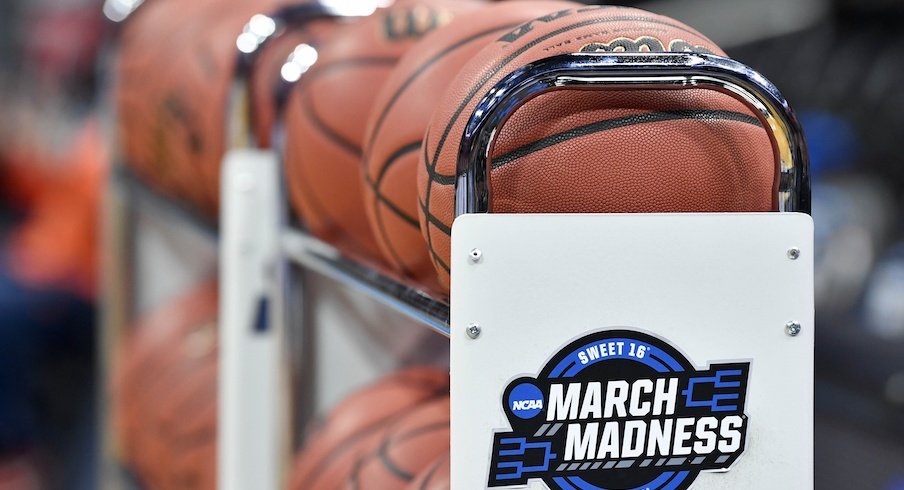For the past year, everything has required a contingency plan. And the 2021 NCAA Tournament will be no different.
With March Madness looming and a global pandemic still raging, the NCAA was forced to develop contingency plans in the event that a team in the NCAA Tournament field is forced to withdraw due to COVID-19.
While determining its process, the NCAA agreed to four fundamental tenets:
- Once the bracket is finalized and released, teams will not be reseeded, nor will the bracket change.
- Reasonable efforts will be made to ensure a full field is in place before the start of the championship. No replacement teams will be introduced after the championship begins.
- Every participating conference should have the opportunity for a minimum of one team in the championship field.
- Beyond the goal of having at least one team from every conference, replacement teams must be among the best teams being considered for an at-large bid.
With that in mind, the replacement process is fairly straightforward if an automatic qualifier from a single-bid conference withdraws. In that case, the conference will be replaced by a team designated by the conference – likely the conference runner-up.
But things get quite a bit more interesting if an at-large team from a multi-bid conference is forced to withdraw. I that case, the team will essentially be replaced by a bubble team.
The last four teams not selected as at-large teams for the original field will be designated as replacement teams, ranked 1-4. If a team has to withdraw, the replacement team will be placed in the bracket in the position left vacant by the withdrawing team.
Let's get weird.
